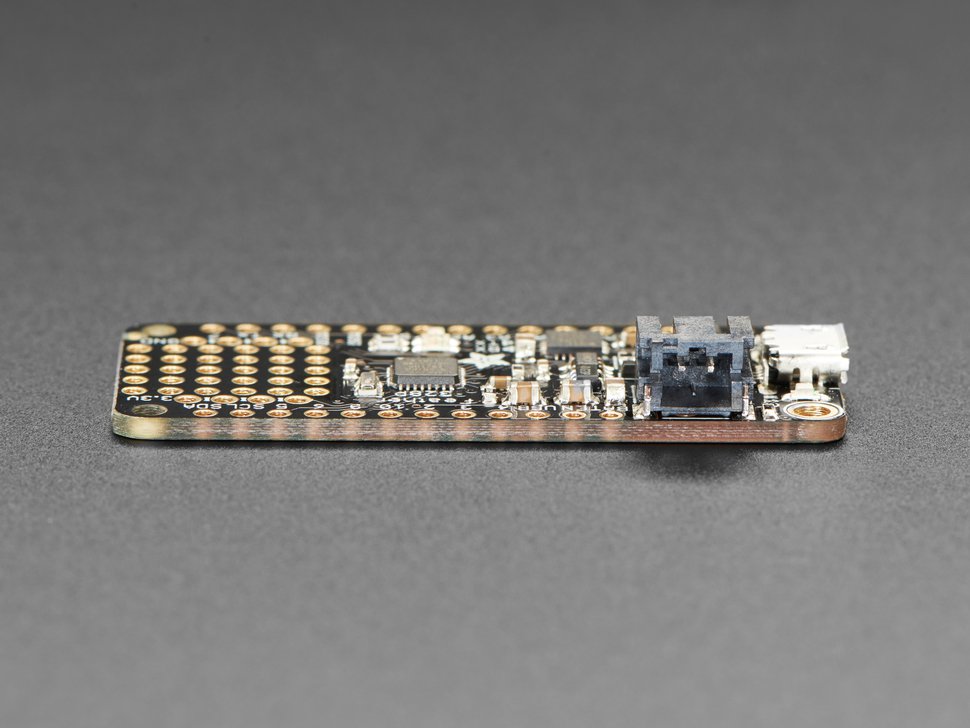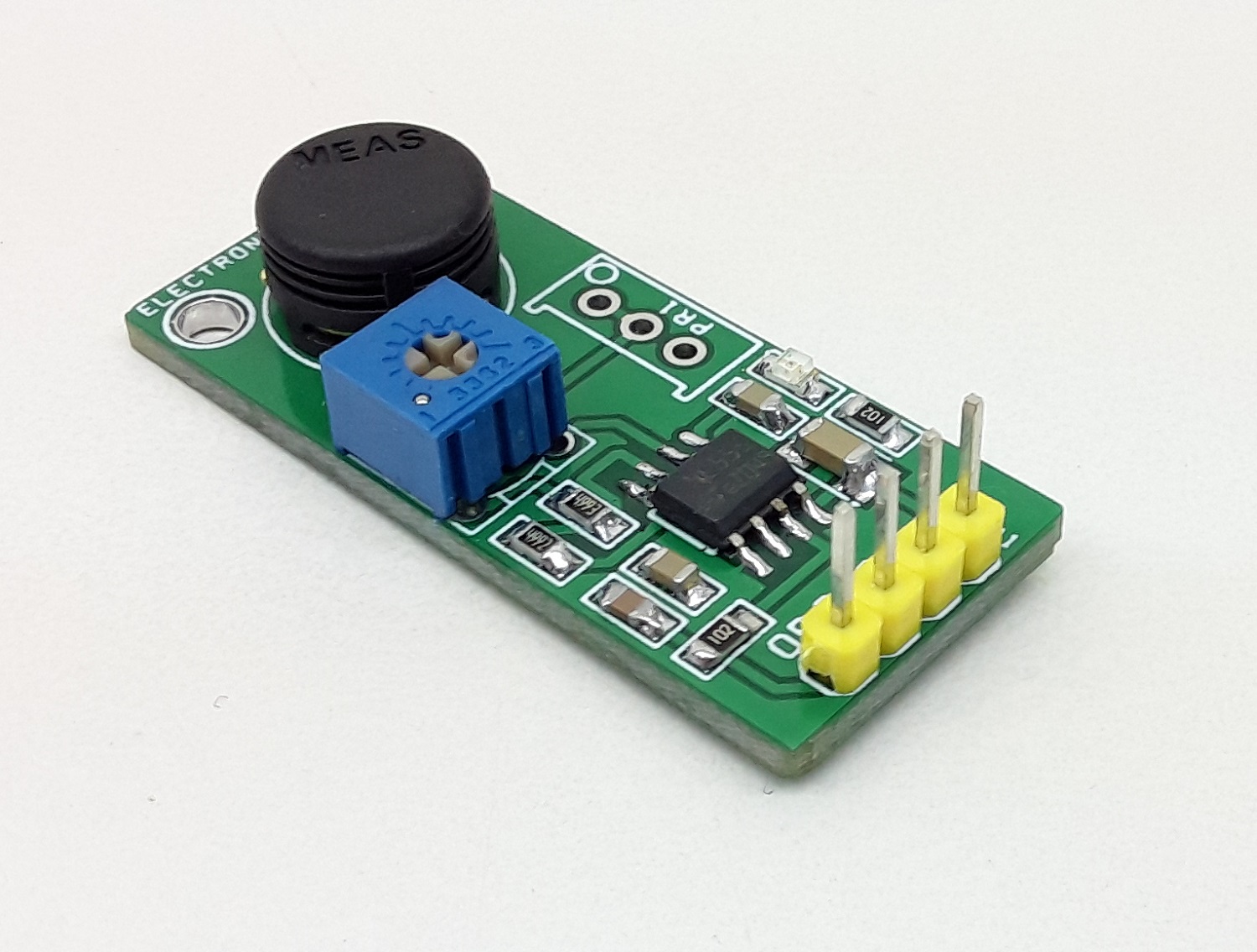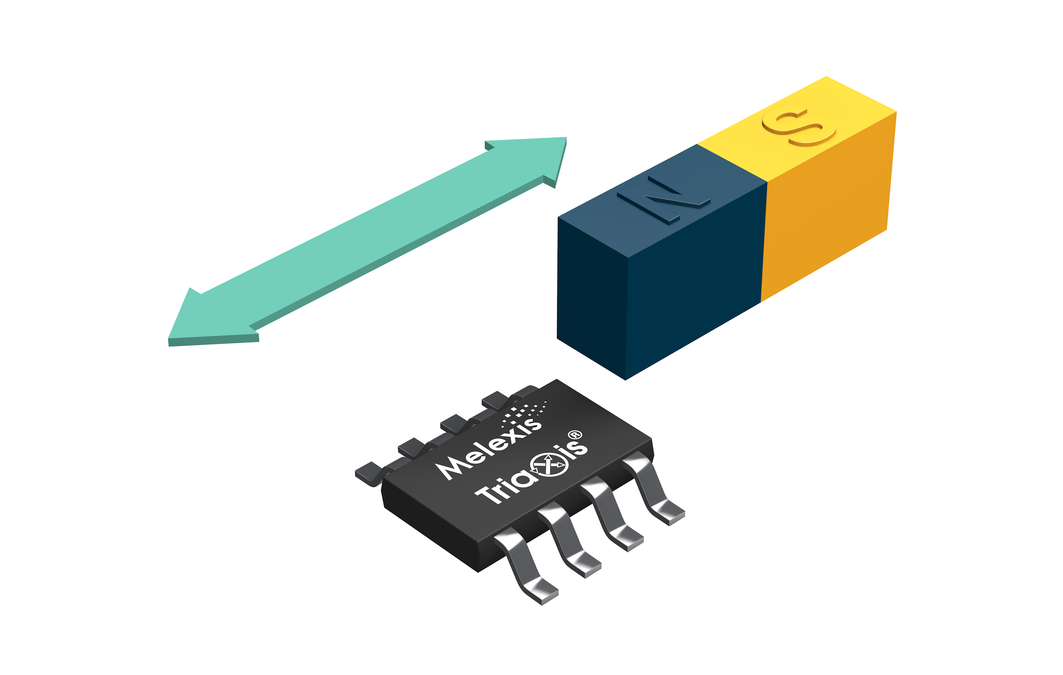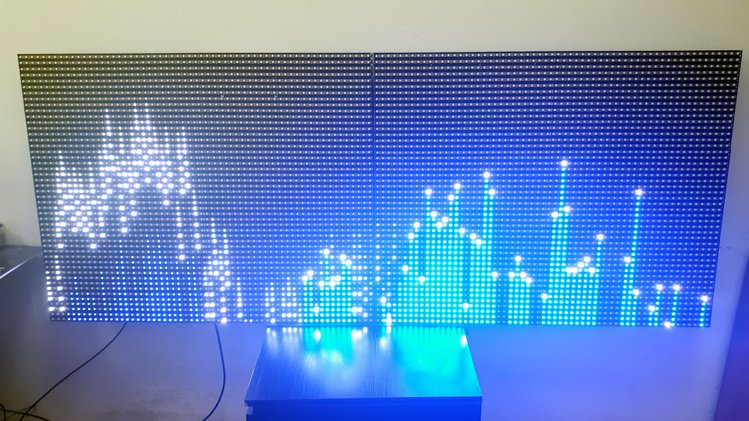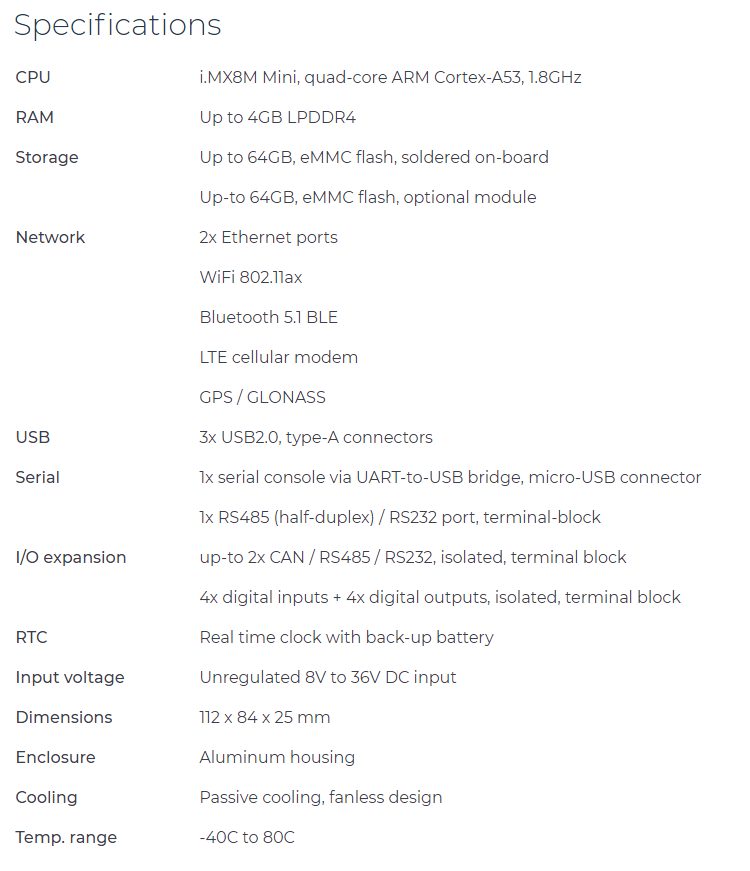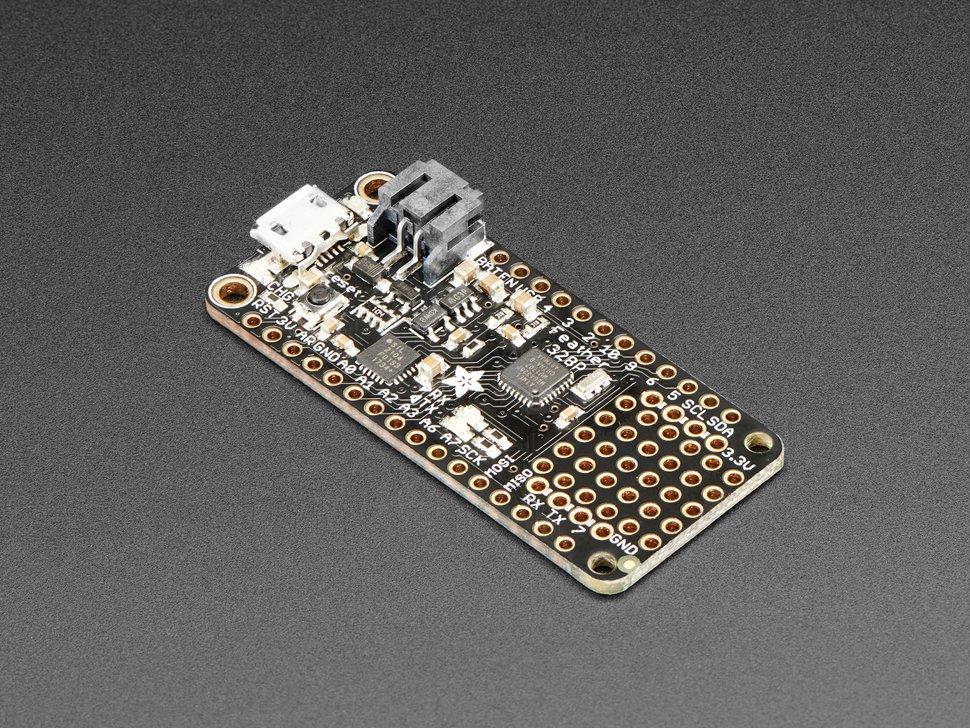
Adafruit Feather 328P is the latest addition to the ever-expanding feather family boards manufactured by Adafruit. The Adafruit Feather development boards are a set of development boards made by Adafruit that can either be standalone, stackable or both. The feather boards all includes a LiPo battery connector, which will allow projects to easily be powered by LiPo batteries for on the go use.
The Adafruit Feather 328P is based on the popular Atmega 328P, the same processor that powers most Arduino maker boards especially the legendary Arduino Uno. With the Feather 328P, you can bring classic Arduino Uno code and even libraries to the Feather form factor. Measured at about 51mm x 23mm x 8mm (without the headers soldered in) and it weighs just 4.8g.
The Feather 328P is lightweight and a small form factor development board. At the heart of the Feather 328P is an Atmel ATmega 328P running a 3.3V and 8MHz. At 8MHz, the feather 328P can’t fully compete with the Arduino Uno which runs at 16MHz but is fair enough. The Feather 328P includes a 32KB of flash memory (storage memory), 2KB of RAM, and it uses the SiLabs CP2104 to give it a USB-to-Serial program which also provides users with some integrated debugging capabilities.
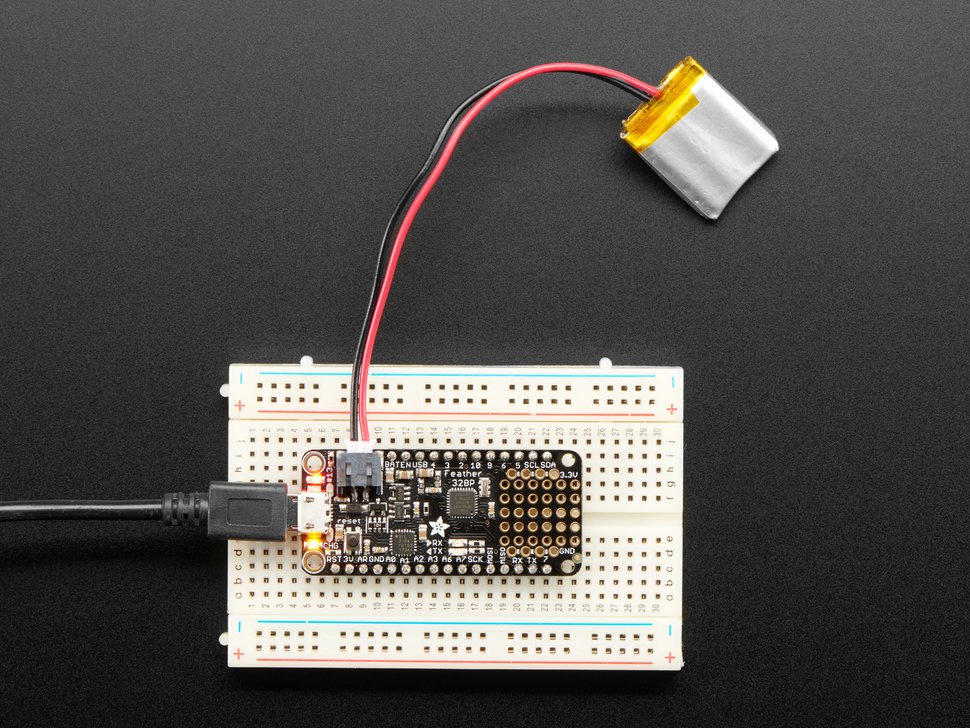
The Feather 328P boards come without any headers soldered, so you have to solder yourself to start using it for prototyping. Unlike the Arduino Uno and some other Arduino board which are not fully breadboarding compatible, the Feather 328P fits perfectly into a breadboard and will be great for quick prototyping without the need for jumper cables.
Like other Feather development boards, the Feather 328P also includes a LiPo battery connector for any 3.7V Lithium Polymer batteries with a built-in battery charging. It will charge straight from the micro USB port, and you don’t necessarily need a battery to make it work, it will run just fine straight from the micro USB connector. The Feather will automatically switch over to USB power when it’s available making sure your project never goes offline as far you still got some juice in the battery though. You can also measure the battery voltage through one of the analog pins, the analog pin must not be connected to anything for this to work.
The following are some of the specifications of the Feather 328P:
- Size – 2.0″ x 0.9″ x 0.28″ (51mm x 23mm x 8mm)
- Weight – 4.8 grams
- Processor – ATmega328p @ 8MHz with 3.3V logic/power
- Power –
- 3.3V regulator with 500mA peak current output
- Built-in 100mA lipoly charger with charging status indicator LED
- USB serial converter (CP2104) for USB bootloading and serial port debugging
- GPIO –
- 19 GPIO pins + 2 analog-in-only pins
- 6x PWM pins
- Connectivity –
- Hardware I2C, SPI.
- For UART devices, should use SoftwareSerial
- Others –
- 8 x analog inputs (two are shared with I2C)
- Pin #13 red LED for general purpose blinking
- Two LEDs for serial data RX & TX
- Power/enable pin
- 4 mounting holes
- Reset button
The Feather 328P comes with an extra prototyping area to add some couple of components without using a breadboard. The Feather 328P is available for purchase and priced at $12.50, you can buy now online at Adafruit Store. To find out about the other feather boards, check them out here.





